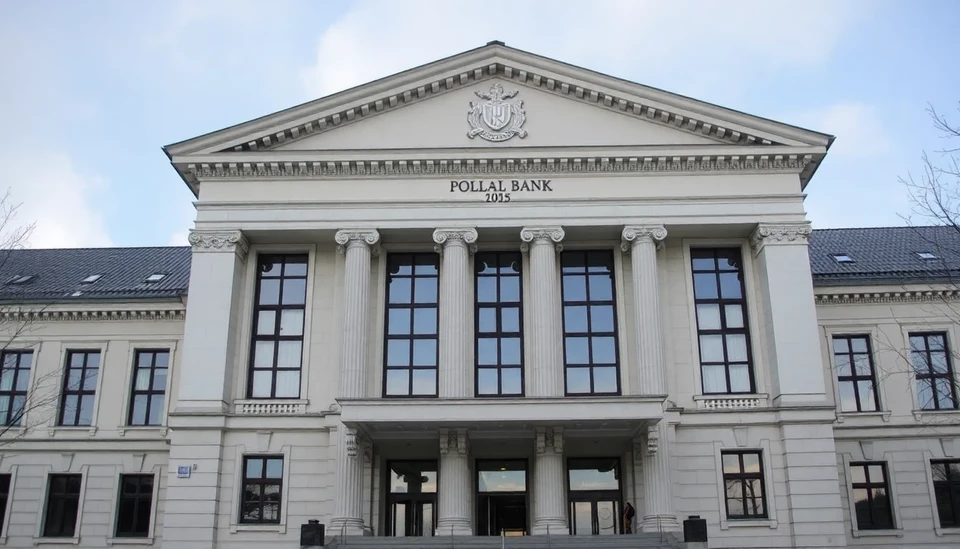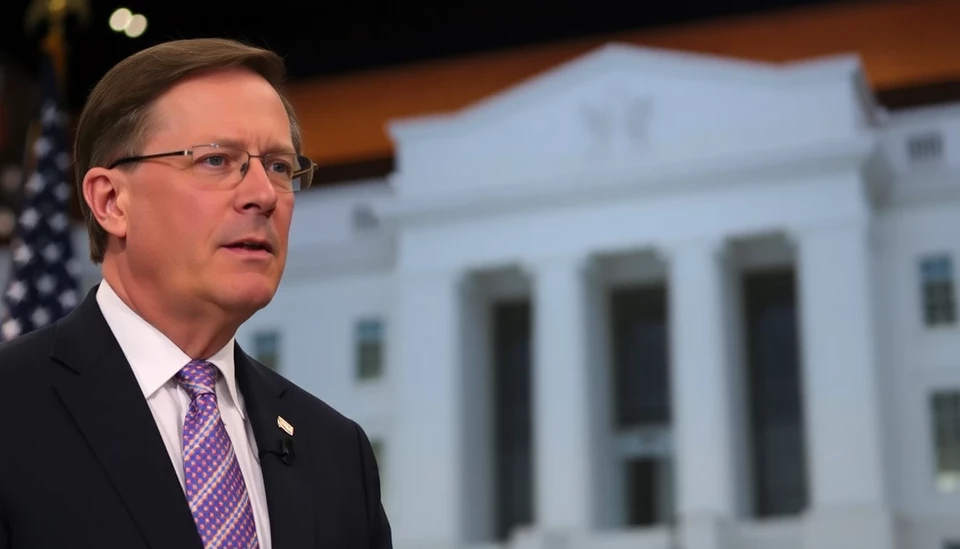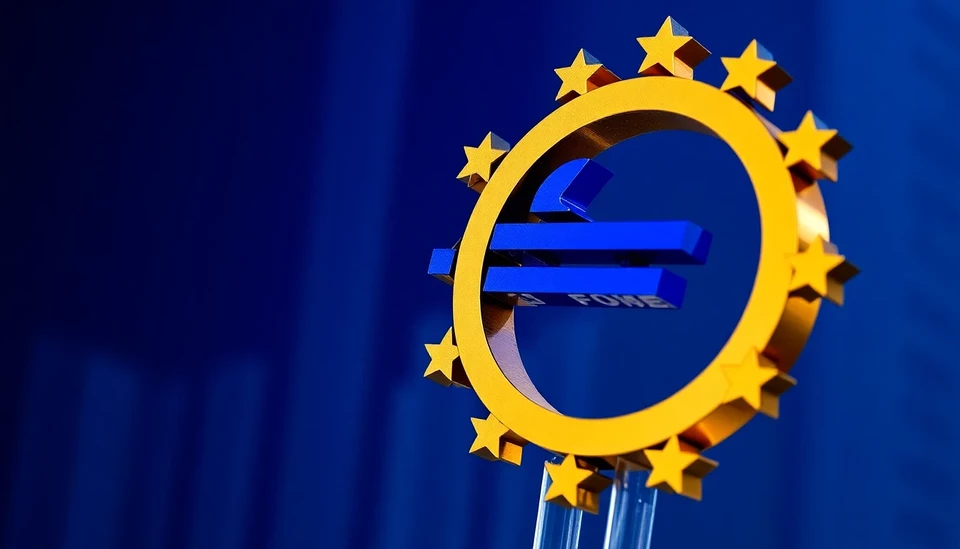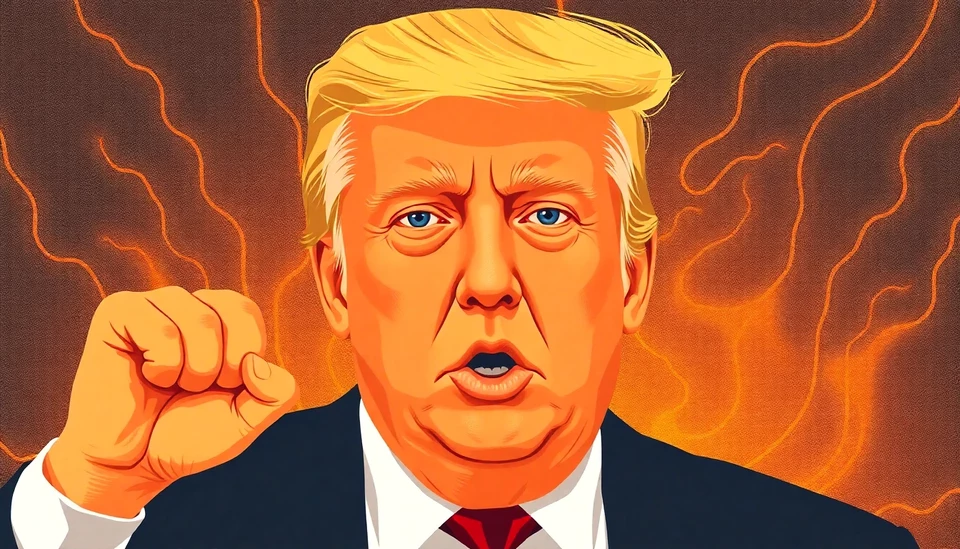
South Africa's Central Bank Optimistic as Lower Oil Prices Ease Inflation Concerns
In a forward-looking statement, the Governor of the South African Reserve Bank (SARB), Lesetja Kganyago, has highlighted the impact of lower oil prices on the country’s inflation rate. Speaking at a recent monetary policy briefing, Kganyago noted that easing global oil prices are expected to provide some relief to South Africa’s consumer price index (CPI), which has been under pressure for an extended period.
Continue reading
Paraguay Maintains Steady Key Interest Rate at 6% Amid Stabilized Inflation Expectations
In a decisive move reflecting confidence in the country's economic stability, the Central Bank of Paraguay has opted to keep its benchmark interest rate steady at 6%. This decision, announced during a press conference, highlights the ongoing efforts to manage inflation and support sustainable economic growth.
Continue reading
Brazil's Central Bank Confirms Success of Higher Interest Rates in Battling Inflation
In a significant announcement, the President of Brazil's Central Bank, Roberto Campos Neto, asserted that the country's strategy of increasing interest rates is proving effective in tackling persistent inflation. Speaking during a press conference, Campos Neto highlighted that the measures taken to tighten monetary policy are yielding the desired results, bringing inflation levels down from elevated figures.
Continue reading
Poland's Central Bank Considers Interest Rate Cuts Amid Softening Inflation
Poland's central bank, under the leadership of Governor Elżbieta Masłowska, is eyeing a potential quarter-point reduction in interest rates during its upcoming May meeting. This consideration follows recent data indicating a notable softening of consumer price inflation (CPI) within the country. The anticipated move is part of a broader strategy to stimulate economic growth amid easing inflationary pressures.
Continue reading
Indonesia Maintains Interest Rates Amid Economic Concerns from Tariff Talks
Indonesia's central bank is poised to keep its interest rates steady as it navigates pressures from international trade dynamics, particularly influenced by ongoing discussions surrounding U.S. tariffs under former President Donald Trump’s administration. These developments have raised concerns over the stability of the Indonesian rupiah, which is showing signs of vulnerability in the face of potential economic repercussions.
Continue reading
Fed's Barkin Foresees Economic Stability Amidst Growing Concerns Over Confidence
In a recent discussion regarding the U.S. economic landscape, Richmond Federal Reserve President Thomas Barkin addressed the duality of stability and underlying worry that characterizes the current financial environment. Speaking to reporters after an event in Virginia, Barkin emphasized that while he perceives a stable economy, a noticeable lack of consumer and business confidence is a point of concern that could impede future growth.
Continue reading
The Euro's Potential to Emerge as a Leading Reserve Currency in the Future
In a recent statement that has stirred discussions within financial circles, Luis de Guindos, the European Central Bank’s Vice President, indicated that the euro might evolve into a prominent alternative reserve currency in the coming years. This assertion comes as global economic dynamics shift and the financial stability of the eurozone continues to be scrutinized amidst rising geopolitical tensions and economic uncertainties.
Continue reading
The Bank of England Should Adopt a More Cautious Approach to Quantitative Easing, Experts Advise
In a recent discussion regarding the future of monetary policy in the UK, experts have called on the Bank of England (BoE) to rethink its approach to quantitative easing (QE) during economic disturbances. The highlights of these recommendations emphasize the necessity for a more measured strategy, particularly as global economic conditions continue to evolve.
Continue reading
Central Bank Independence: A Key Principle Reinforced by Bank of England's Greene
In a recent statement that underscores the importance of central bank independence in maintaining economic stability, the Bank of England's Chief Economist, Huw Greene, emphasized that the autonomy of central banks is “absolutely crucial.” Addressing concerns over potential governmental pressures on monetary policy, Greene’s remarks come at a pivotal time as economies globally grapple with rising inflation and interest rate fluctuations.
Continue reading
Global Central Bankers Navigate Chaos Amid Trump’s Trade War
In a dramatic turn of events, former President Donald Trump has reignited tensions in the global economy with the reimposition of tariffs on various imports. This move has sent shockwaves through international markets, compelling global central bankers to grapple with the complexities of a crumbling trade landscape. The reintroduction of these tariffs not only revives concerns over potential inflation but also tests the resilience of financial institutions across the globe.
Continue reading